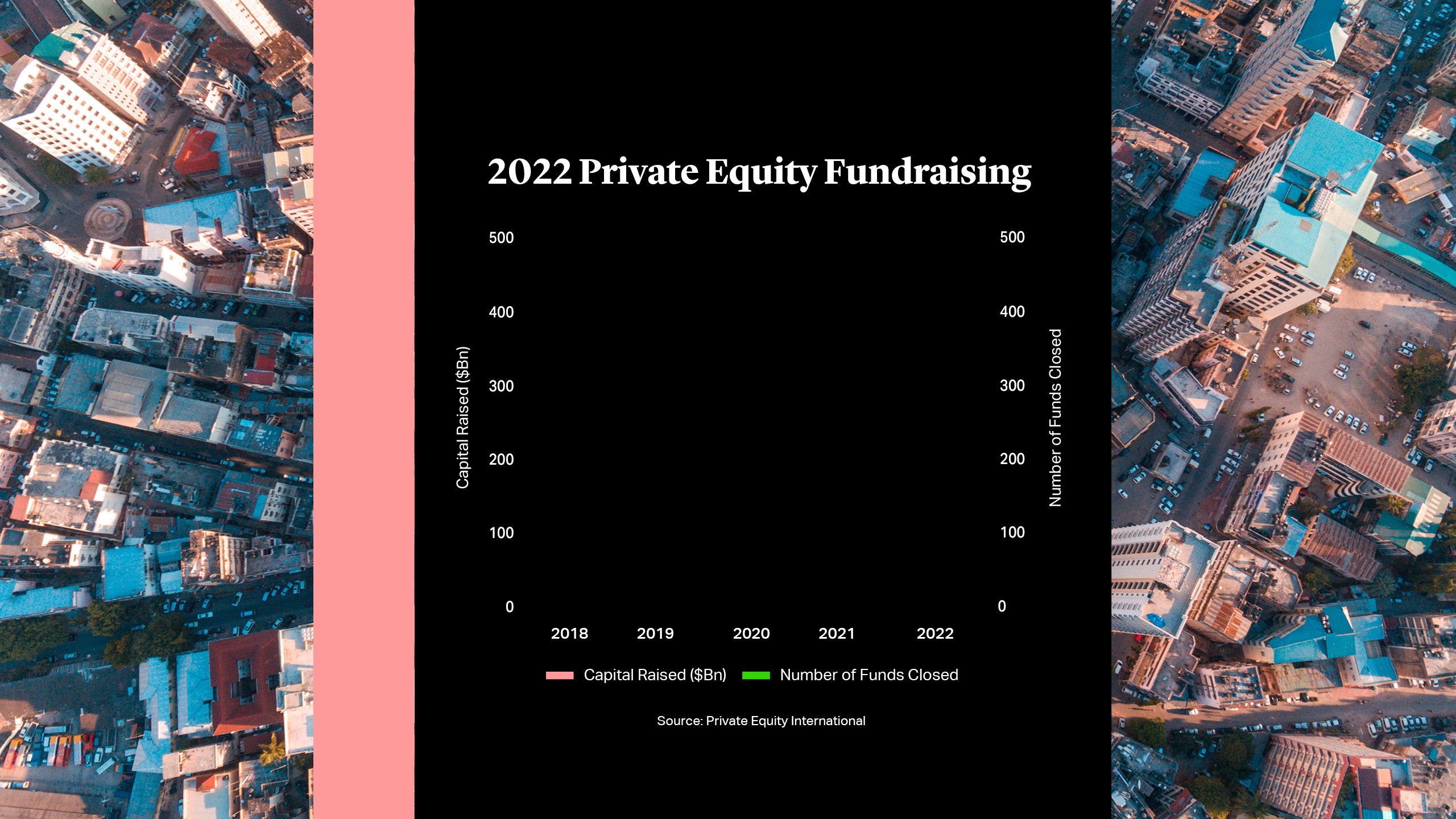In recent years, Kenya has witnessed a remarkable surge in the use of artificial intelligence (AI) by its youth activists. This trend, known as AI Civil Activism, is transforming how legislation is understood, how protests are coordinated, and how citizens hold governments accountable. By integrating AI tools, young Kenyans are reshaping civic engagement and reinforcing democracy in the digital age.
1. Demystifying Legislation with AI Civil Activism
Understanding complex legal documents has traditionally been a challenge for many citizens, limiting their ability to participate in governance. Through AI-powered platforms, Kenyan activists simplify and translate legal jargon into accessible language. These tools break down bills and policies, making them transparent and understandable to the public. This empowers ordinary people to engage in informed debates and advocate for their rights effectively.
2. Coordinating Mass Protests with AI Civil Activism
Organizing protests requires efficient communication and coordination, especially on a large scale. AI Civil Activism tools help activists monitor public sentiment and identify key moments for mobilization. Machine learning algorithms analyze social media trends and predict potential government responses, enabling activists to plan safer and more impactful demonstrations. This tech-driven coordination increases the effectiveness of civic actions.
3. Challenging State Power Using AI Civil Activism
By harnessing AI, activists gain new methods to expose corruption and government abuses. Data analytics reveal patterns of misconduct and human rights violations, while AI-powered fact-checking tools counter misinformation campaigns. This dynamic use of technology pressures state authorities to act more transparently and responsibly, strengthening accountability mechanisms within Kenya’s political landscape.

4. Building a Digital Community Around AI Civil Activism
AI Civil Activism fosters the creation of online communities where young citizens share insights, strategies, and resources. These platforms provide a safe space for collaboration and collective learning. Through AI-enhanced discussion forums and chatbots, activists exchange ideas rapidly and develop innovative approaches to social challenges, amplifying their impact beyond traditional grassroots methods.
5. The Future Impact of AI Civil Activism in Kenya
The integration of AI into civil activism signals a promising future for participatory democracy in Kenya. As technology evolves, the tools available to activists will become more sophisticated, enabling even greater societal influence. Policymakers and civil society organizations must recognize and support these developments to ensure AI serves as a force for positive social change.

6. Leveraging AI to Enhance Transparency and Governance
AI Civil Activism empowers citizens by providing real-time access to government data and decision-making processes. Activists use AI to analyze budget allocations, public spending, and project implementations. This transparency promotes accountability and encourages responsible governance. For example, platforms like Transparency International provide valuable data that Kenyan activists incorporate into their AI tools to strengthen oversight.
7. Overcoming Challenges and Ethical Concerns in AI Civil Activism
Despite its benefits, AI Civil Activism faces challenges such as data privacy issues, digital divides, and potential misuse of technology. Activists work diligently to address these concerns by advocating for ethical AI use, securing user data, and promoting digital literacy among marginalized communities. Ensuring equitable access to AI tools remains critical for inclusive civic participation.
8. Collaboration Between Tech Experts and Civil Society
The success of AI Civil Activism in Kenya is boosted by partnerships between software developers, data scientists, and activists. These collaborations foster the creation of innovative applications tailored to local needs. Together, they train AI models on regional data, ensuring culturally relevant outputs that resonate with Kenyan society.
9. Mobilizing Youth Through AI Education and Training
To sustain momentum, many organizations offer AI literacy programs targeting young people. These initiatives equip the next generation with the skills to build and use AI tools for social good. By democratizing AI knowledge, Kenya ensures a robust pipeline of digital activists capable of driving future reforms.
10. Measuring the Impact of AI Civil Activism in Kenya
Quantifying the effectiveness of AI-driven activism involves tracking policy changes, protest turnout, and shifts in public awareness. Activists use data analytics to evaluate their strategies continuously and refine their approaches. This results-oriented mindset enhances the movement’s resilience and adaptability in a rapidly changing political environment.

Expanding the Reach of AI Civil Activism Across Kenya’s Diverse Regions
AI Civil Activism is rapidly gaining momentum not only in urban centers like Nairobi but also in Kenya’s more remote and diverse regions. Young activists from different ethnic and linguistic backgrounds are adopting AI-powered tools tailored to their specific local contexts. This expansion helps bridge historical divides by fostering inclusive civic participation across the country.
For instance, localized chatbots translate government policies into regional languages, making information accessible to people who were previously excluded due to language barriers. Additionally, mobile-friendly AI applications ensure that users with limited internet connectivity or older devices can still benefit from the tools. This widespread adoption underscores the importance of designing AI solutions that address Kenya’s unique social fabric and technological landscape. By broadening the reach of AI Civil Activism, these efforts help democratize access to vital information and empower citizens everywhere to take part in shaping their nation’s future.
How AI Civil Activism is Shaping Kenya’s Political Dialogue
The integration of AI into civil activism is fundamentally altering Kenya’s political discourse. Traditionally, political narratives were often controlled by mainstream media or elite groups, limiting the diversity of voices heard. However, AI-driven analysis of social media and online forums allows activists to identify emerging issues and sentiments in real-time, amplifying grassroots perspectives.
AI algorithms help detect misinformation and promote fact-based discussions, which is critical in an era of digital polarization. Moreover, activists use AI to craft targeted messaging campaigns that resonate with different demographics, ensuring a more inclusive and effective dialogue between citizens and policymakers. This data-informed approach encourages transparency and responsiveness from political leaders, who are now more accountable to a digitally connected electorate. Ultimately, AI Civil Activism contributes to a healthier democratic environment by fostering open, informed, and diverse conversations.
Building Resilience Against Digital Threats Through AI Civil Activism
While AI Civil Activism offers powerful opportunities, it also faces risks from digital threats such as surveillance, censorship, and cyberattacks by hostile actors. Kenyan activists are increasingly leveraging AI not only for civic engagement but also to protect their digital spaces and communications. Machine learning models detect anomalies and potential security breaches, helping activists respond swiftly to attempts at repression or misinformation.
Additionally, AI-driven encryption tools safeguard sensitive information and protect whistleblowers. By building digital resilience, AI Civil Activism enhances the safety and sustainability of grassroots movements in a challenging political climate. These proactive security measures reassure participants, encouraging broader participation without fear of retaliation. The movement’s ability to defend itself against digital adversities is crucial to maintaining momentum and achieving lasting social change.
Global Implications of Kenya’s AI Civil Activism Model
Kenya’s pioneering use of AI in civil activism serves as an inspiring model for other countries across Africa and the global south. The success stories emerging from Kenyan youth demonstrate how technological innovation can empower marginalized communities and strengthen democratic processes in environments with complex socio-political challenges. International organizations and governments are observing Kenya’s experience to understand how AI tools can be adapted and scaled elsewhere. Furthermore, cross-border collaborations among activists are facilitated through AI platforms, enabling knowledge exchange and joint campaigns that address shared concerns such as human rights, climate justice, and electoral integrity.
Kenya’s example highlights the potential of AI Civil Activism to drive inclusive development and social justice worldwide. Supporting such initiatives globally is key to harnessing AI’s transformative power for positive civic impact.
Conclusion
AI Civil Activism represents a powerful convergence of technology and civic engagement in Kenya. Young activists leveraging AI tools are redefining democracy, making governance more transparent, and empowering citizens like never before. Supporting and expanding these efforts will be key to nurturing a vibrant, participatory political future in Kenya and beyond.
For more insights, check out our related article on Digital Youth Movements in Africa.
Source: AllAfrica




